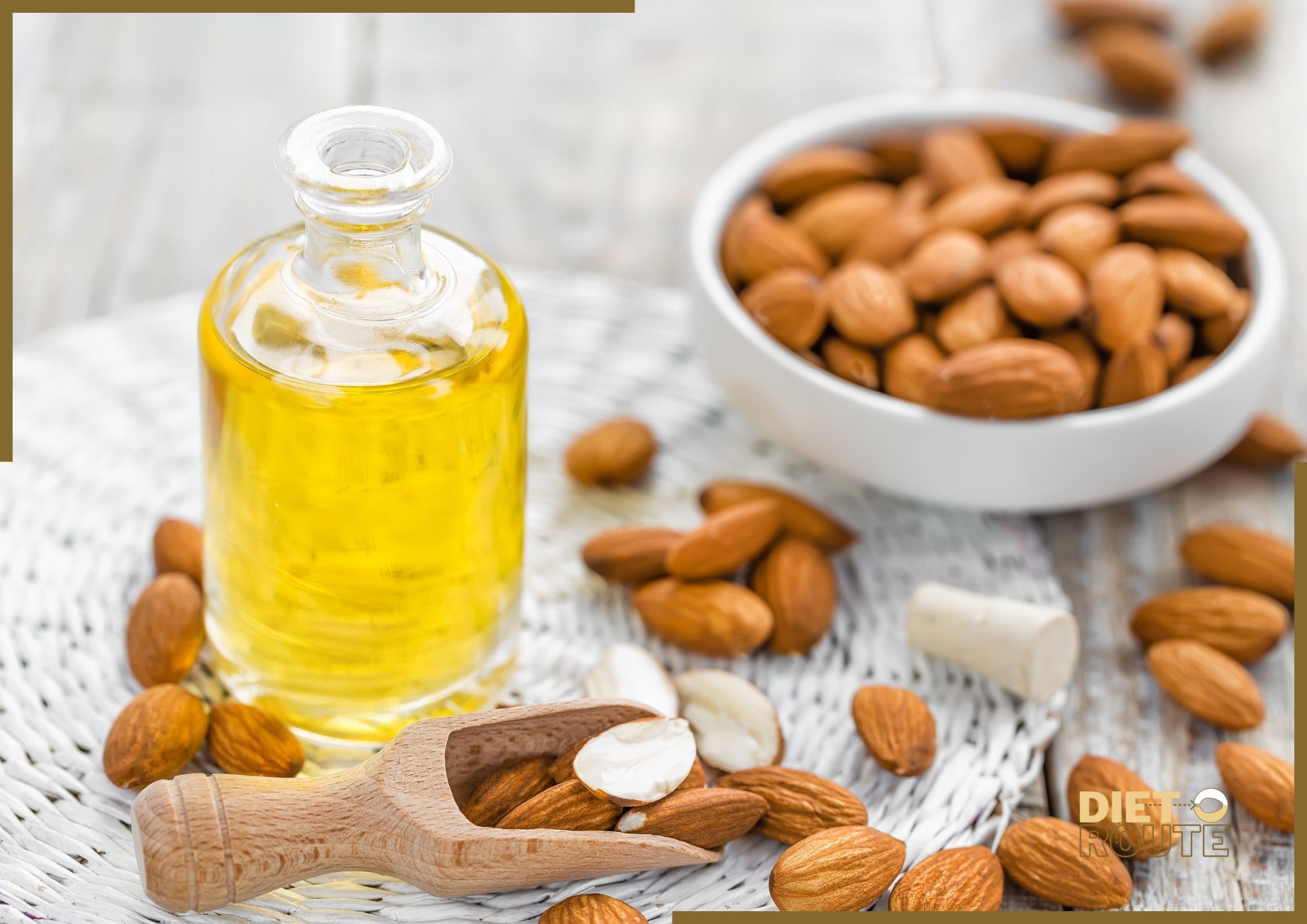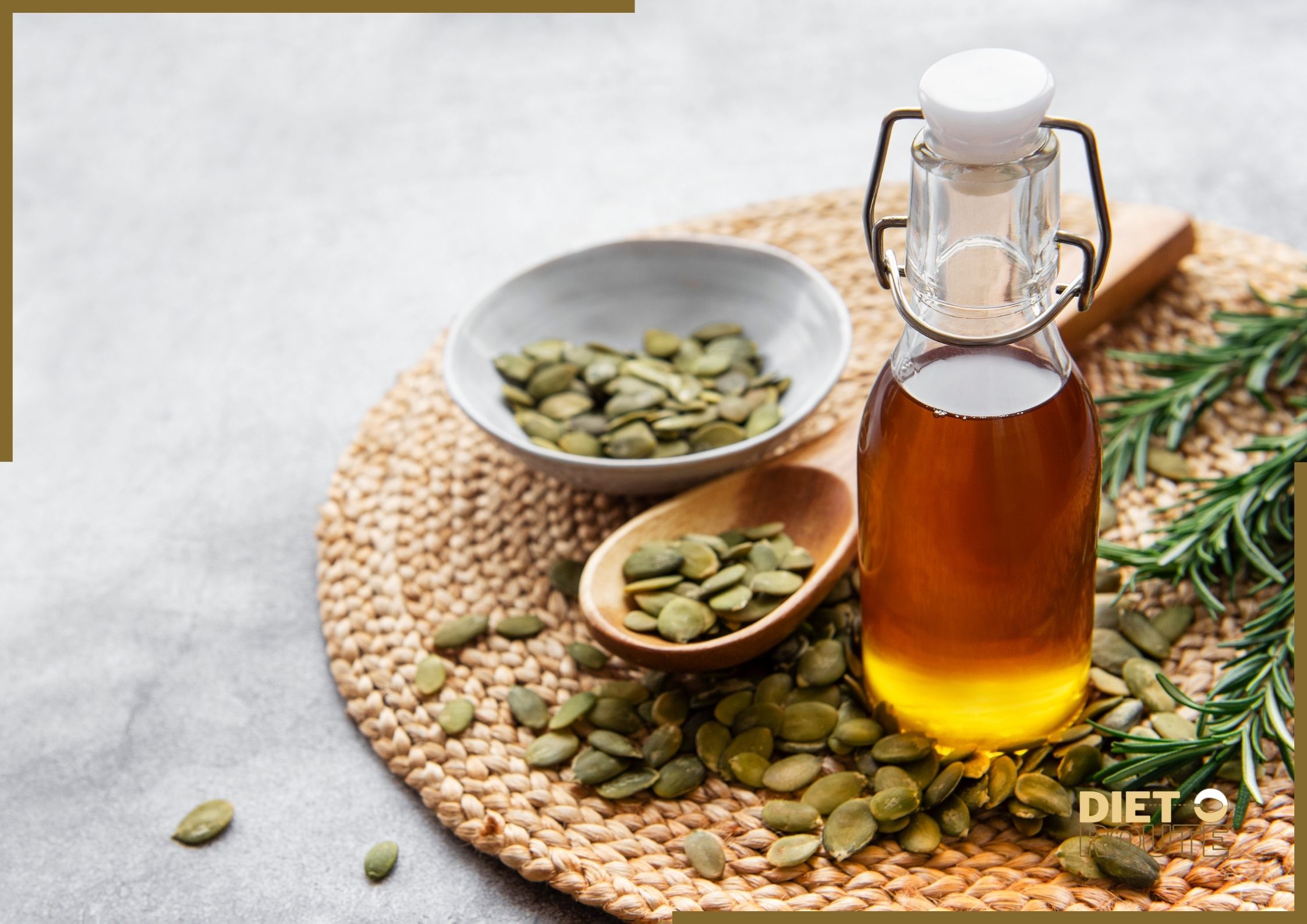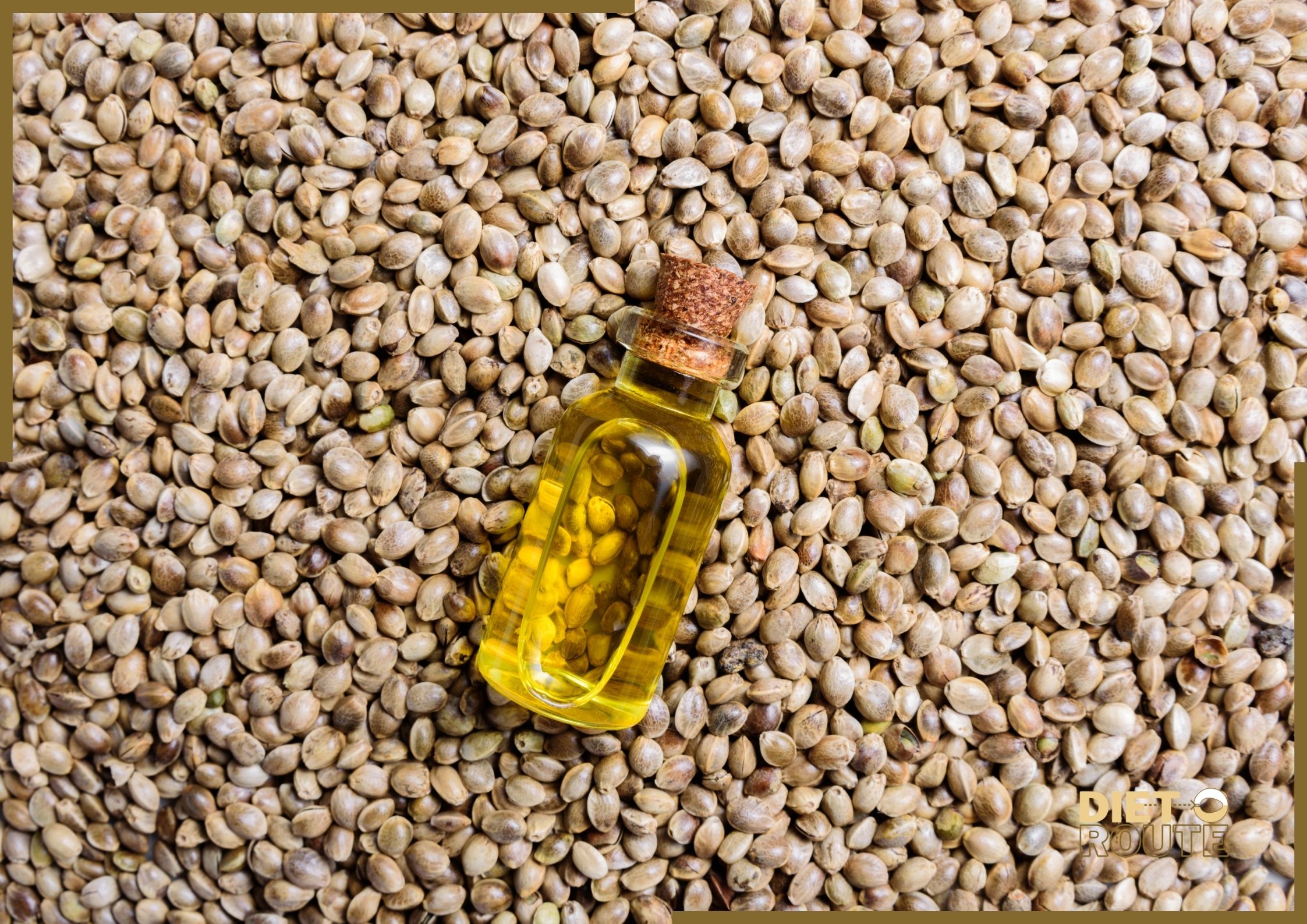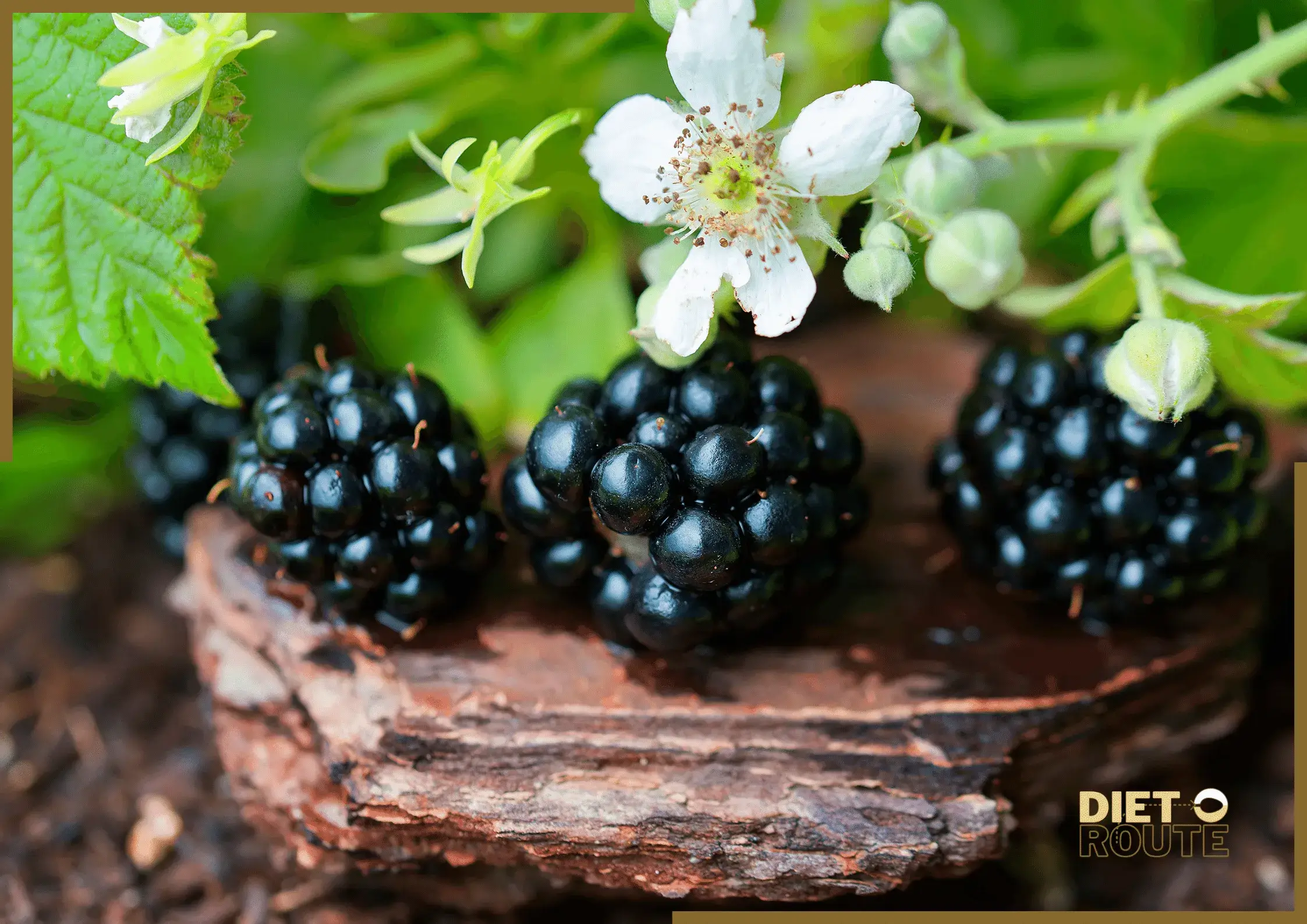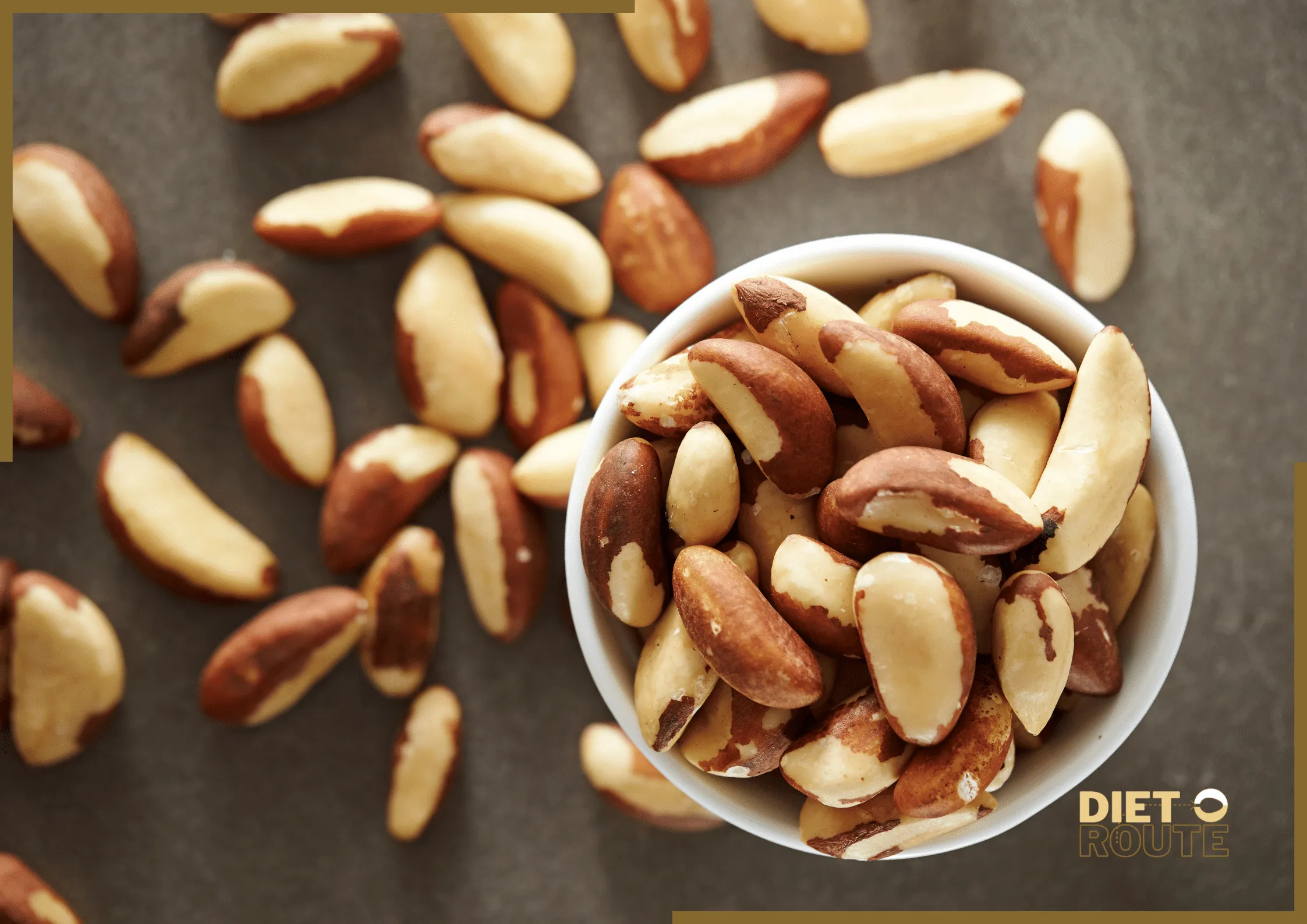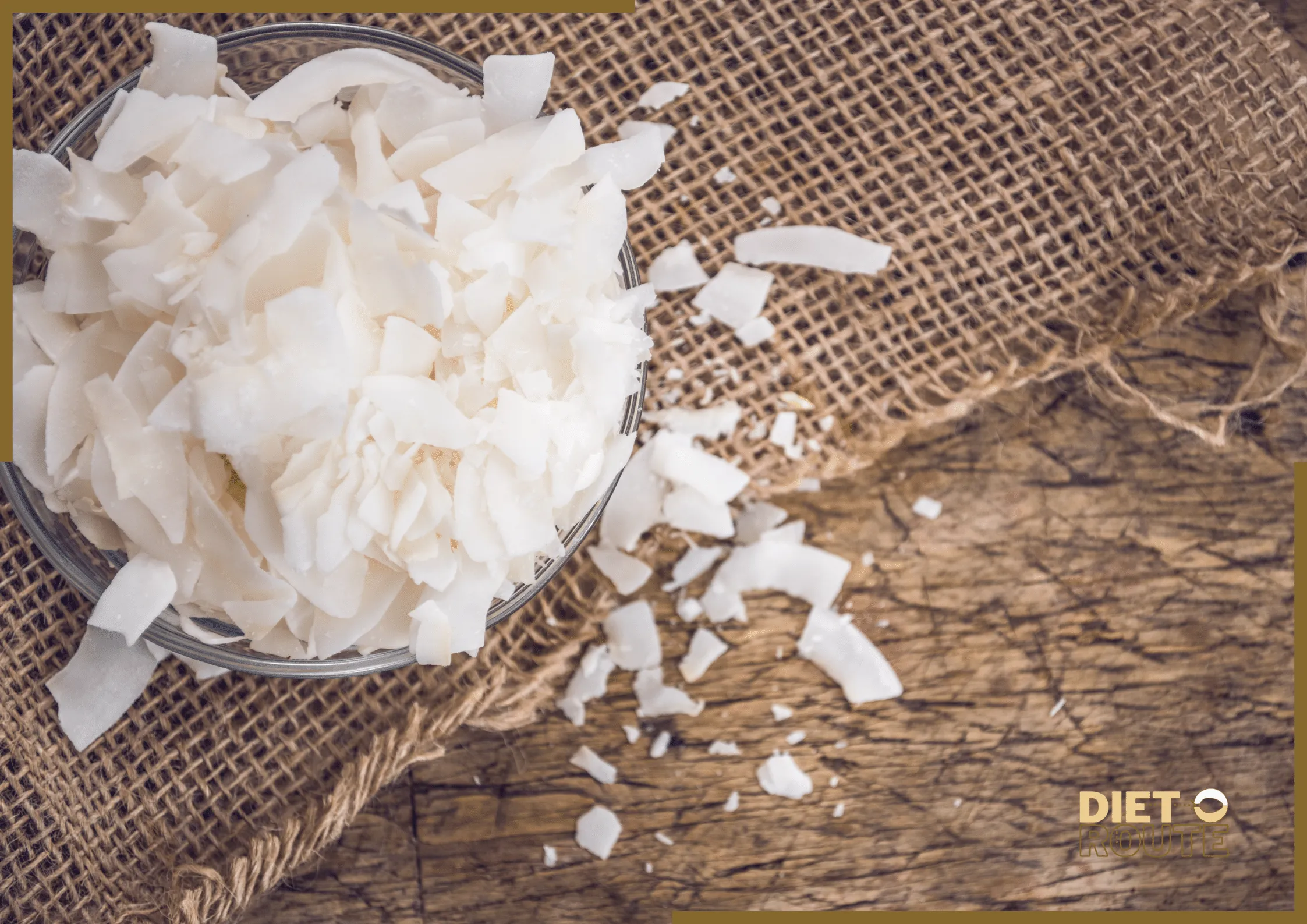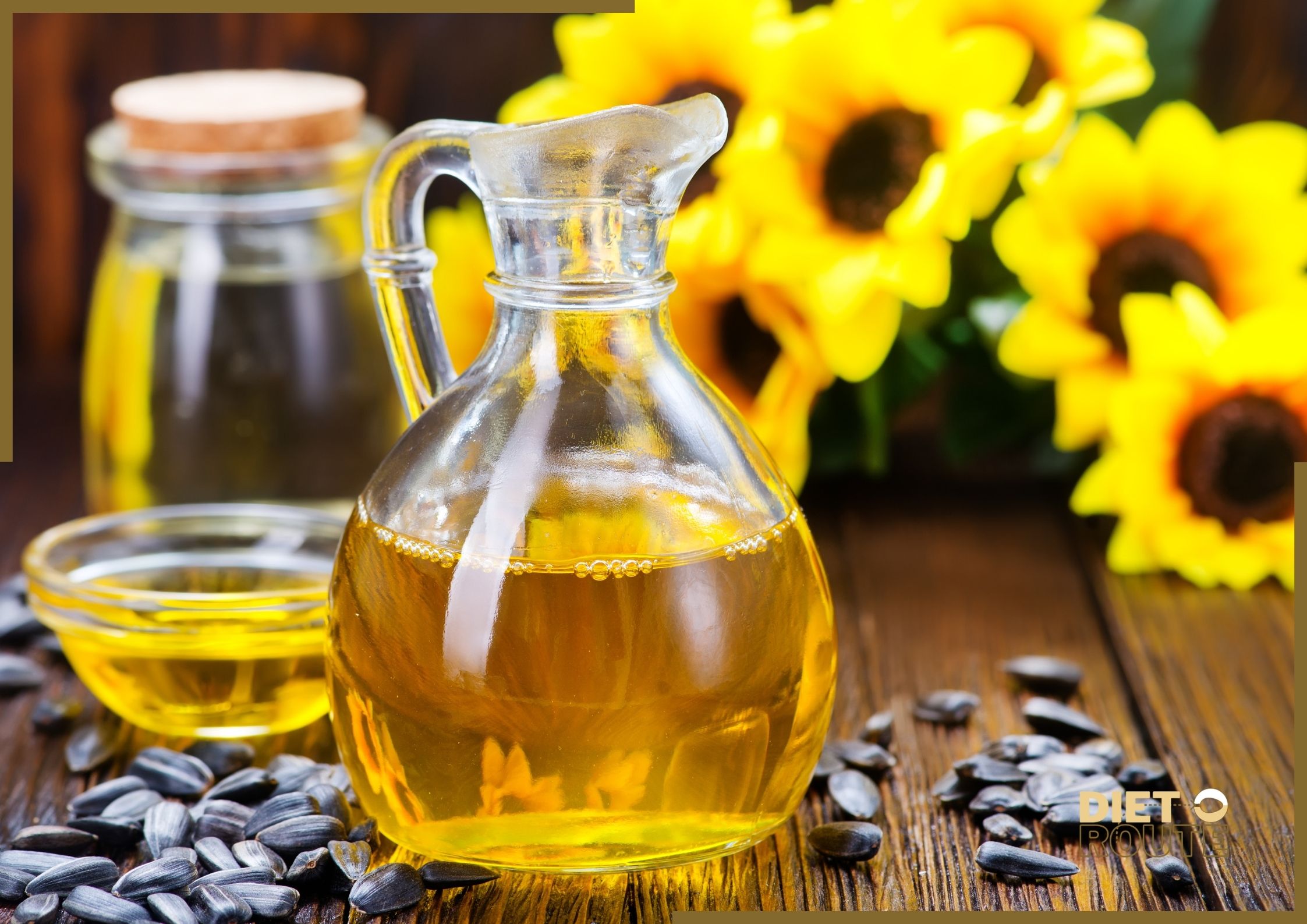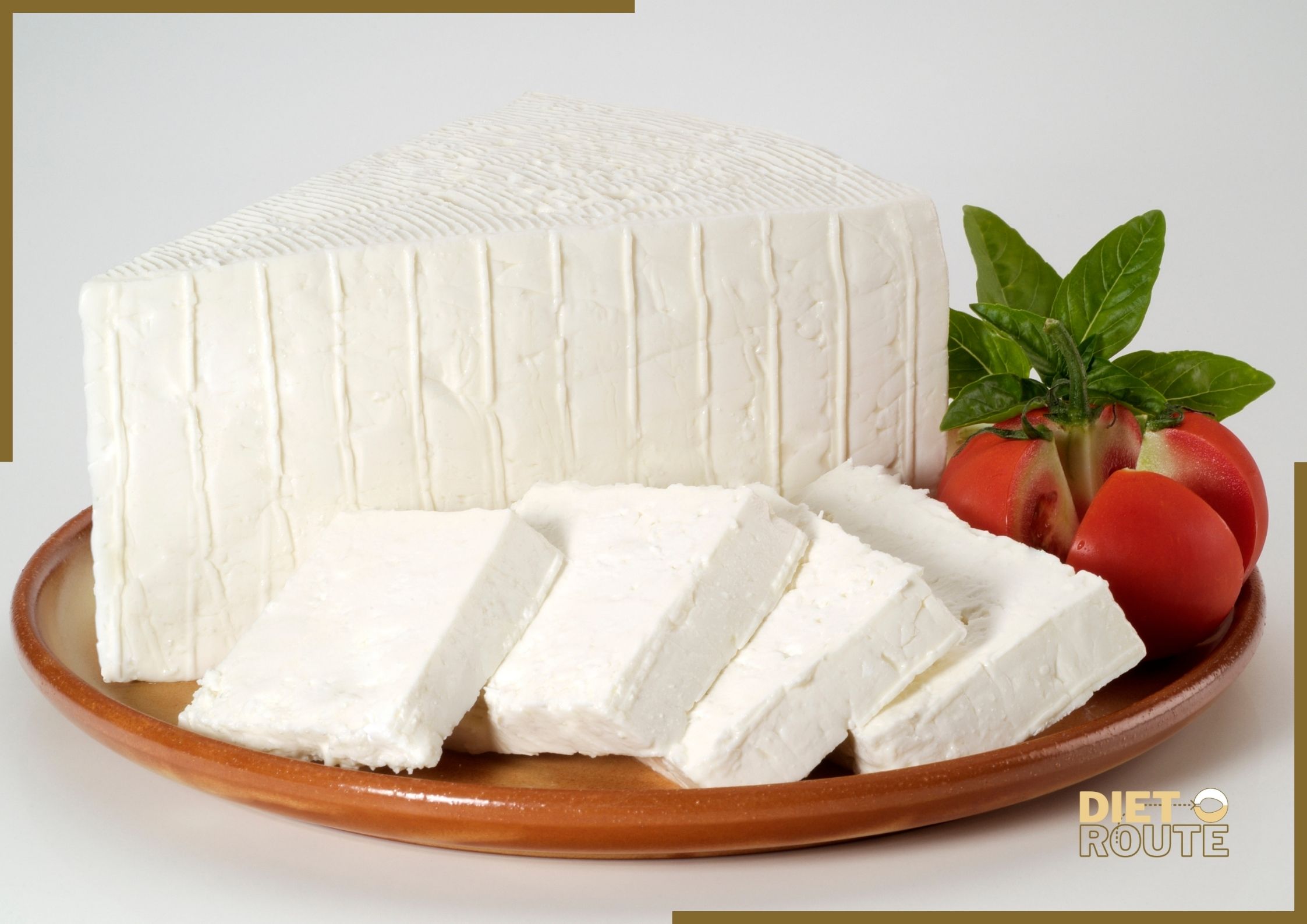Table of Contents
Introduction
Edible almond oil, which is derived from almond kernels, is renowned for its mild flavor and potential health advantages. A table showcasing the approximate nutritional value per 100 grams will be included in this article. We’ll also talk about the pros and cons, answer some of the most common questions, and help you decide if you want to add it to your diet.
Nutritional Value Approximately 100g
| Nutrient | Amount Per Serving (1 tablespoon) | % Daily Value |
|---|---|---|
| Calories | 120 | 6% |
| Total Fat | 14g | 18% |
| – Saturated Fat | 1g | 5% |
| – Trans Fat | 0g | |
| Monounsaturated Fat | 9g | |
| Polyunsaturated Fat | 3g | |
| Cholesterol | 0mg | 0% |
| Sodium | 0mg | 0% |
| Total Carbohydrates | 0g | 0% |
| – Dietary Fiber | 0g | 0% |
| – Sugars | 0g | |
| Protein | 0g | 0% |
| Vitamin E | 20.3mg | 135% |

Pros
1. It is rich in polyunsaturated fats, which can help lower bad cholesterol and lower the risk of heart disease.
2. It is a good source of vitamin E, an antioxidant that protects cells from damage and helps the skin and hair stay healthy overall.
3. It has a mild flavor and can be used in many ways. It has a mild, nutty flavor that can make many foods taste better. It can be used for cooking, baking, salad dressings, and as a finishing oil.
4. It contains compounds that may have anti-inflammatory effects, which may be advantageous to individuals with inflammatory conditions.
5. It is commonly used in skin care products because of its moisturizing properties and potential to improve skin tone and reduce signs of aging.
Cons
1. People who have nut allergies should avoid or use it with care. If you know you have allergies or sensitivities, talk to a healthcare professional.
Frequently Asked Questions (FAQ)
1. Is the consumption of almond oil safe?
Yes, it consumption is typically safe for individuals without nut allergies.
2. Can it be used for cooking?
To maintain its nutritional properties, it can be used for cooking, but it works best with low to medium heat.
3. Is there cholesterol in almond oil?
No, it does not have any cholesterol.
4. Can almond oil be put on the skin?
Yes, it is commonly used in skin care and massage oils because of its moisturizing and nourishing properties.
5. Does almond oil make hair grow?
When used as a hair treatment or in hair care products, almond oil may contribute to hair health and promote hair growth.
6. How Should Almond Oil Be Stored?
It should be stored in a cool, dark place to keep it from going rancid. Putting it in the fridge can help it last longer.
7. Does almond oil have a certain flavor?
Yes, it has a light, sweet flavor that makes food taste good.
8. Is almond oil suitable for vegans ?
Yes, it is derived from plants, making it suitable for vegans.
9. Can almond oil be used when you’re pregnant or nursing?
Before using this oil, pregnant or nursing individuals should consult a health care professional.
10. Does almond oil consumption have any potential negative effects?
It is usually safe, but eating too much of it may make you gain weight or have digestive problems. Consume it in moderation at all times.
In A Nut Shell
Edible almond oil has a variety of heart health benefits, including its heart-healthy fats, vitamin E content, and potential in cooking and skin care. But because of its high calorie content, it’s important to consume it in moderation. Before adding it to your diet, you should consult a health care professional if you have any allergies or other health concerns. While maintaining a balanced and varied diet, enjoy the mild flavor and potential benefits.
